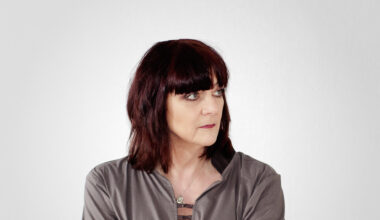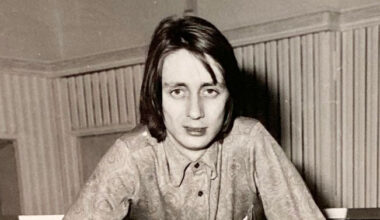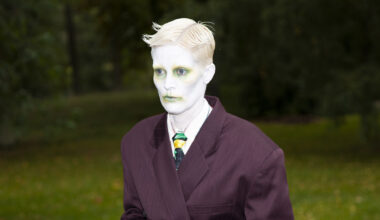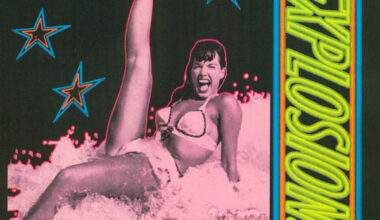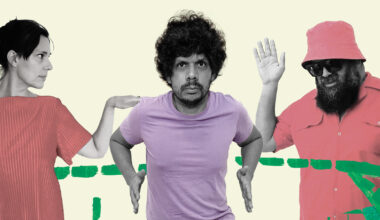Benge, the synth-meister behind some of the best electronic music of the last decade – from John Foxx And The Maths to Wrangler and Blancmange – now has his own must-see television show, ‘The Memetune Programme’. There’s even an annual to go with it…
Want to read more?
Sign up to Electronic Sound Premium to gain access to every post, video, special offers, and more. 100%, all you can eat, no commitment, cancel any time.
Already a premium member? Log in here


